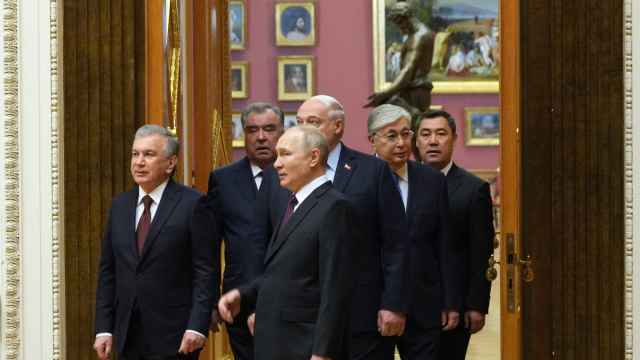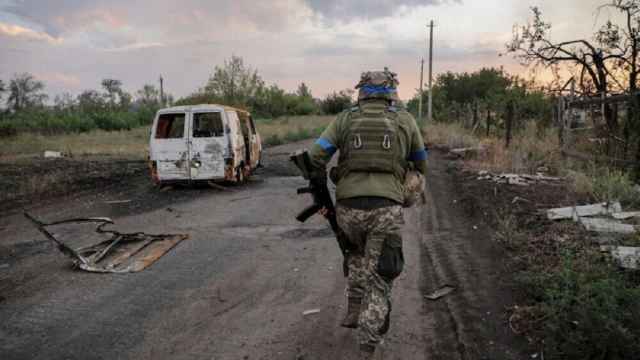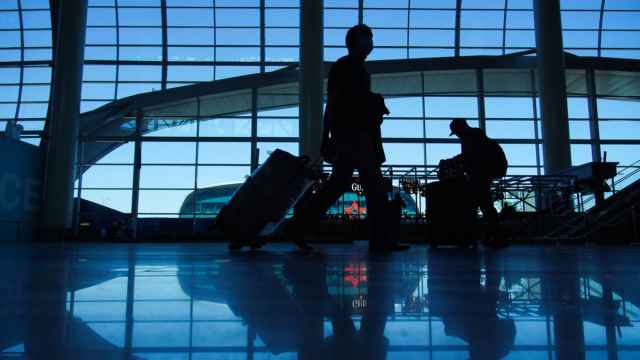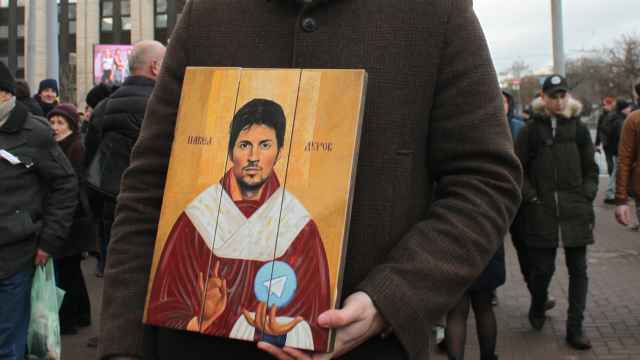The Group of 20 summit on Monday and Tuesday in Los Cabos, Mexico, has a daunting task: figure out how to kick-start the global economic recovery, growth and employment. The European debt crisis and its threat to global financial stability will dominate the talks.
It is in everyone's interests to see European economies stabilized. Russia's economy has been hit hard during the global economic crisis as oil prices tumbled and capital flight drained gross domestic product growth.
But the success or failure of the Los Cabos summit must be judged on more than its European bailout plan. More than half of the world's poorest people live within the G20, making it a key battleground in the fight against global poverty. G20 leaders, including President Vladimir Putin, have acknowledged that prosperity must be shared to sustain it. They've pledged financial support and promised to clamp down on tax havens that deprive developing governments of desperately needed revenues. Three years ago, they launched a framework for strong, sustainable and balanced growth. But they will meet in Mexico with little to show for these promises.
Russia must show leadership in Los Cabos by speaking up for the people being left behind by the G20. Russia has an important place in the international arena. It will take over the presidency of the G20 later this year, and it is also a key member of the BRIC bloc.
A strong development agenda at the G20 summit needs the BRICs to work together to ensure that the voices of developing countries are heard. The stakes are high. If development issues are pushed to the margins, economic growth won't be sufficient to prevent poverty from increasing among G20 countries and beyond.
Russia is well aware of the perils of economic growth that fails to reach the poorest. The country's income gap between the wealthy and poor has widened markedly over the past 20 years. The Kremlin cannot rely on economic growth alone to map a route out of poverty for the nearly 18 million Russians who live below the poverty line.
Putin has acknowledged that the huge income disparity in which the incomes of Russia's wealthy citizens are 16 times higher than the poorest ones is one of the country's worst problem. But Russia is not alone. Of the high-income G20 countries, only South Korea has succeeded in reducing income inequality in the last decade.
Nonetheless, reducing inequality is within G20 policymakers' power. Governments must raise, regulate and spend money so that people get the food they need, the services they need and an economy that serves all people. The G20 can forge an inclusive plan to tackle poverty, hunger, and inequality by adopting the following measures:
- Clamp down on tax dodging, improve tax transparency, tax the financial sector and introduce a carbon price on international shipping.
- Regulate money by securing a more reliable food supply for people who desperately need it by curbing excessive food commodities speculation, support a system of emergency food reserves, scrap bio-fuel subsidies, halt large-scale land grabs in developing countries and invest more in small-scale food producers.
- Spend money on free and public health and education services that are vital safety nets.
The world needs a fairer and more sustainable development model. This requires a stronger response to today's crises from the G20 and other leading global organizations.
Yelena Konovalova is global program manager for Oxfam Russia.
A Message from The Moscow Times:
Dear readers,
We are facing unprecedented challenges. Russia's Prosecutor General's Office has designated The Moscow Times as an "undesirable" organization, criminalizing our work and putting our staff at risk of prosecution. This follows our earlier unjust labeling as a "foreign agent."
These actions are direct attempts to silence independent journalism in Russia. The authorities claim our work "discredits the decisions of the Russian leadership." We see things differently: we strive to provide accurate, unbiased reporting on Russia.
We, the journalists of The Moscow Times, refuse to be silenced. But to continue our work, we need your help.
Your support, no matter how small, makes a world of difference. If you can, please support us monthly starting from just $2. It's quick to set up, and every contribution makes a significant impact.
By supporting The Moscow Times, you're defending open, independent journalism in the face of repression. Thank you for standing with us.
Remind me later.






